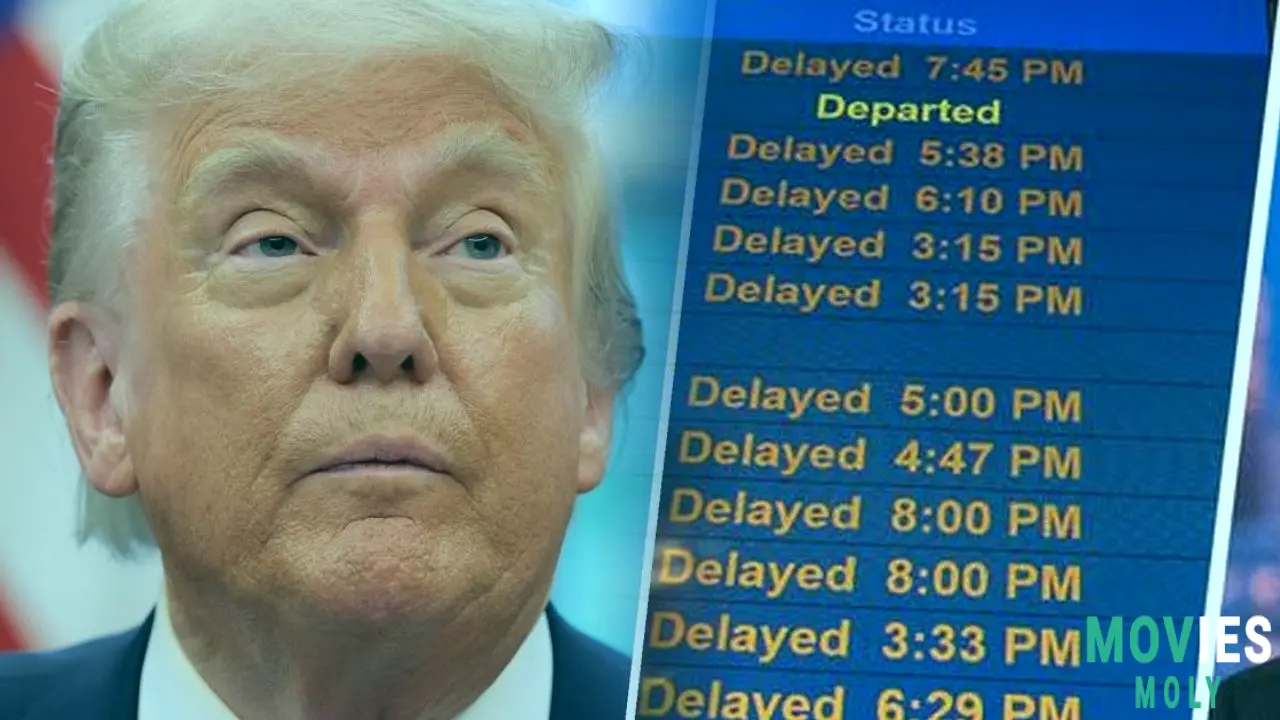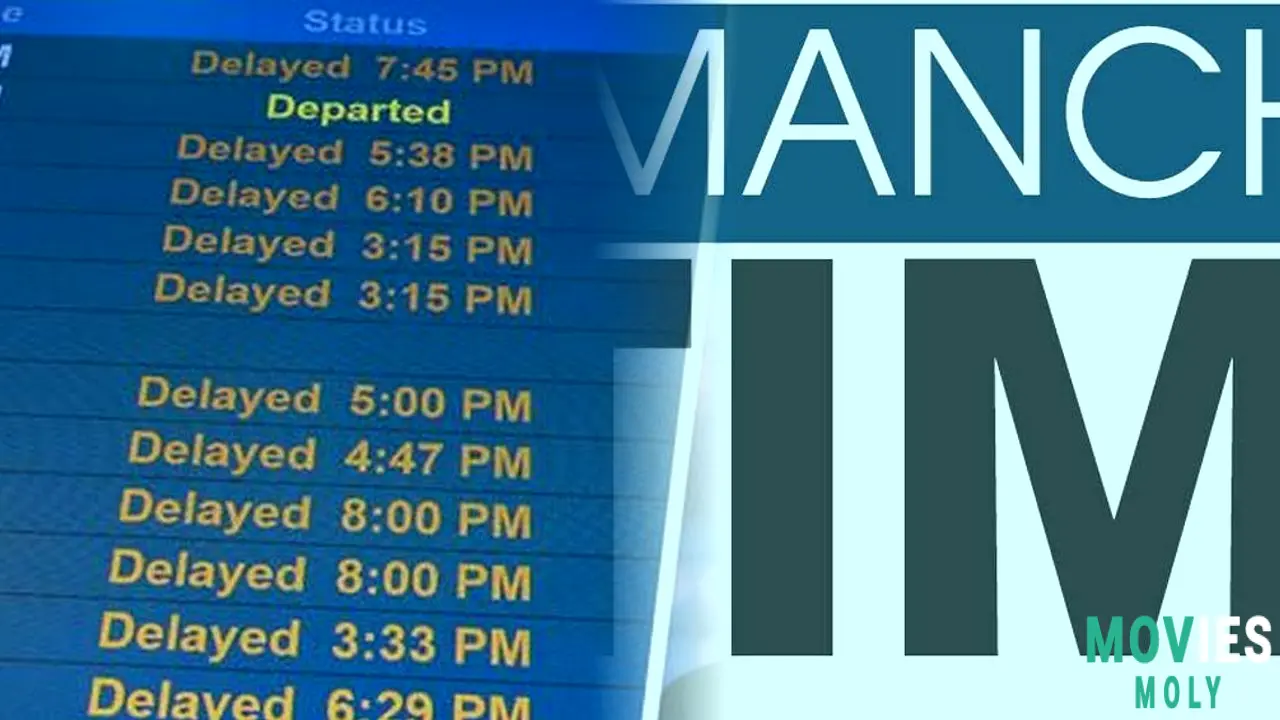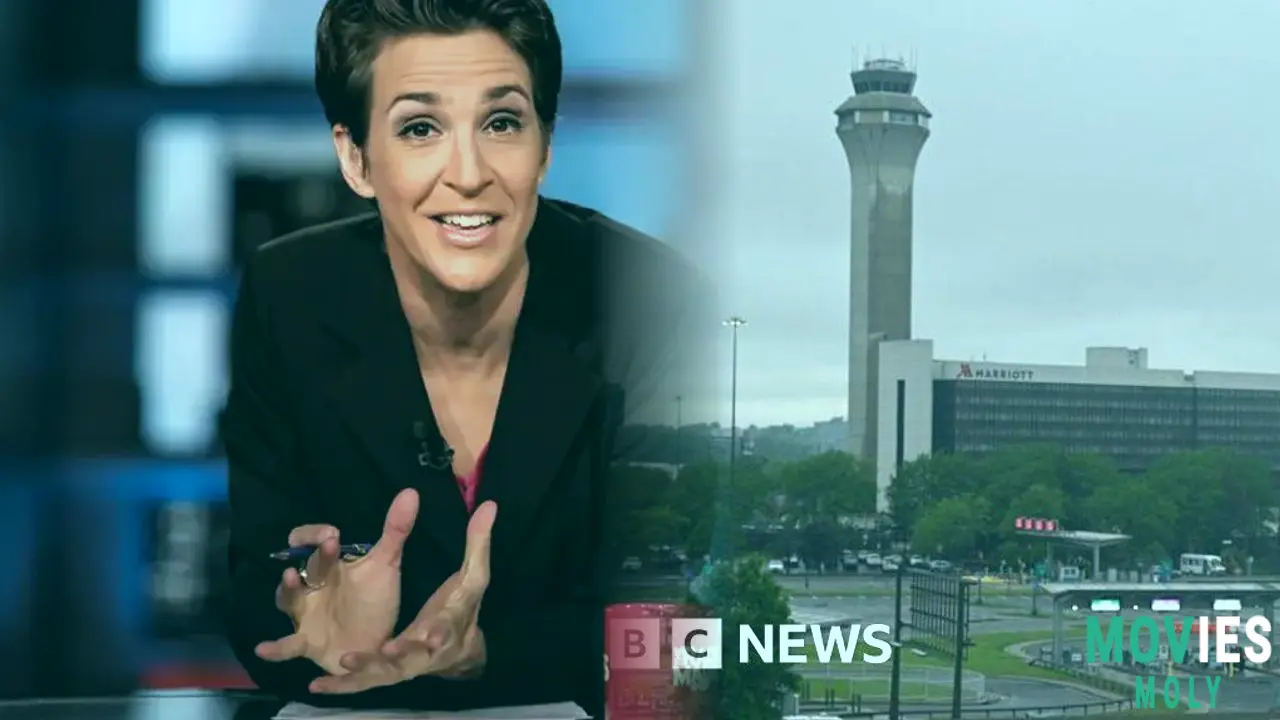Like a hero returning from an epic limited series event, Rachel Maddow stepped back into the nightly spotlight at 9 p.m. on Msnbc with a mission: to scrutinize, dismantle, and illuminate the first 100 days of Donald Trump’s second term. Monday night marked the end of that intense run, and Maddow didn’t just sign off—she did it with the kind of sharp, satirical punch that turned her final broadcast into a triumphant encore of what intelligent journalism looks like in its most unyielding form.
Ending her stint with one last laugh at Trump’s surreal doll and pencil logicIn a moment that felt ripped straight from a well-crafted comic book climax, Maddow and Lawrence O’Donnell couldn’t help but crack up on air as they mulled over one of Trump’s more bizarre recent interviews. In a bid to downplay the potential fallout from his tariffs on China, Trump told NBC News that parents might not need to worry about empty store shelves this holiday season because, well, kids don’t need “30 dolls” — three will do — and “250 pencils,” when five would be enough.
“The idea that he thinks that, if you’re raising a kid right now in 2025 in the United States of America, the thing you’re most thinking about is pencils and dolls,” Maddow said, visibly amused. “That those are your real expenses that you’re worried about… that’s what he thinks the family budget is based around. It’s just a remarkable window into his mind.”
O’Donnell chimed in with a line that landed like a well-aimed Bat-signal: “The most charitable thing that can be said about that is that he’s a 20th-century guy.” Maddow followed with a surreal twist, likening Trump’s mindset to someone playing The Sims — ignoring the need for food or healthcare, but obsessing over numbers of pencils and dolls. It was absurd, it was hilarious, and most importantly, it was truth wrapped in wit.
Maddow’s 100-day run transformed into an investigative superhero saga

What made this closing moment even more resonant was the gravity of the previous 100 nights. Maddow didn’t take a single weekday off during Trump’s milestone period. Her show evolved into a nightly gauntlet of facts, featuring deep dives into crises that rarely broke through the noise on other networks. One of her most chilling through-lines? The explosive increase in plane crashes and near-misses across the U.S., directly linked to the Trump administration’s mishandling of the FAA.
In a series of reports that could have come from a seasoned comic lore hunter uncovering a villain’s weak spot, Maddow connected the dots between the resignation of FAA Administrator Michael Whitaker, the politically motivated appointment of Transportation Secretary Sean Duffy (with zero aviation experience), and a string of deadly accidents—including a midair collision near Reagan National just nine days after the inauguration. Her reporting wasn’t just commentary; it was accountability in action.
Turning infrastructure failures into a narrative of national risk and resilience

Perhaps no episode illustrated Maddow’s knack for turning complex, underreported stories into national watercooler moments better than her coverage of the Newark Liberty communication collapse. When air traffic controllers lost radio contact with planes, leading to mass cancellations and a chilling internal warning not to fly into Newark, Maddow was there to explain not just what happened, but what it meant. She humanized the controllers who went on trauma leave, she flagged the systemic failure beneath the surface, and she named the administration’s role in letting critical infrastructure crumble.
This wasn’t sensationalism. This was verifiable, rigorous journalism at its peak—a genre-defining performance from a reporter who’s spent years mastering the art of the deep dive. If Maddow’s coverage were part of the Marvel Universe, these episodes would be her “Civil War” or “Infinity Gauntlet” arcs—moments when everything escalates and the hero digs into the heart of the chaos.
Leaving the primetime battleground for a new chapter, with Jen Psaki stepping in

With Jen Psaki taking over the 9 p.m. slot, returning Maddow to her Monday-only hosting schedule, the transition felt less like a handoff and more like a passing of the torch in a genre franchise. Psaki may bring her own style to the timeslot, but Maddow’s 100-day run just set a new standard for what political primetime can achieve when it’s fueled by curiosity, courage, and a refusal to dumb down the message.
As Maddow joked in her final moment with O’Donnell, “You don’t have to know, Rachel… We’re just taking this one day at a time trying to figure this out.” It was a fitting send-off from a journalist who spent 100 days helping the nation not just figure it out, but see it clearly.
Rachel Maddow’s legacy: intelligent journalism as a superpower

In an era where media too often drifts toward spectacle without substance, Rachel Maddow’s recent run was a reminder that facts, when wielded with skill and passion, remain the most powerful weapon in the democracy arsenal. Her final laugh at Trump wasn’t just a punchline—it was proof that staying grounded in truth, even when it’s ridiculous to do so, is what separates meaningful journalism from noise.
Maddow didn’t just report on the first 100 days of a controversial presidency—she turned her show into a safe haven for scrutiny, a lab for analysis, and occasionally, a comedy club for absurdity. That she managed to balance all three in one broadcast is nothing short of heroic. And like any great superhero story, it’s not about how loud you shout—it’s about how clearly you illuminate the truth when it matters most.





